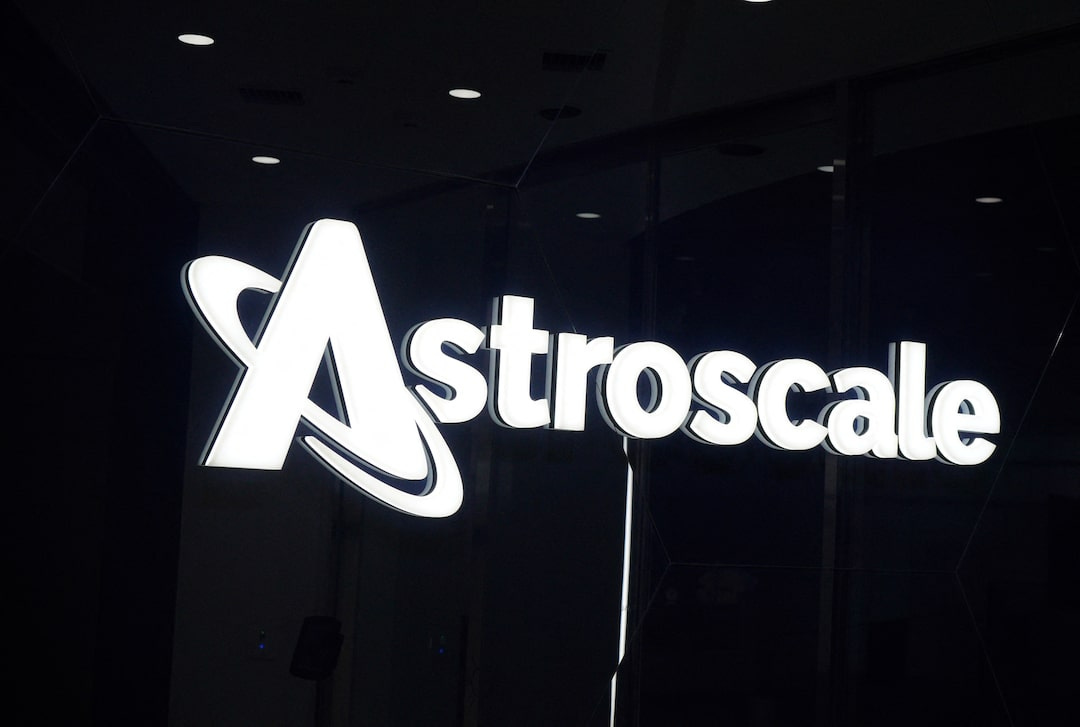Astroscale vs. Space Junk
Pioneering Commercial Space Debris Removal and Orbital Sustainability
Company Foundation and Strategic Vision
Astroscale represents a unique convergence of environmental consciousness and commercial space opportunity. Founded in 2013 by entrepreneur Nobu Okada, the company emerged from a critical realization about space sustainability that occurred during a TED talk Okada attended. According to Wikipedia, "Ten days later, he founded Astroscale to tackle the issue."
The company's core mission centers on securing "the safe and sustainable development of space for the benefit of future generations," positioning itself as "the first private company with a vision to secure the safe and sustainable development of space for the benefit of future generations, and the only company solely dedicated to on-orbit servicing across all orbits." This founding vision addresses a fundamental challenge facing the space industry: the proliferation of space debris threatens not only existing satellites but the entire future of space commerce.
Astroscale's leadership team brings extensive aerospace experience, with Okada serving as founder and the company attracting industry veterans to key positions. The founding story reflects a strategic recognition that space debris removal represents both an environmental imperative and a significant commercial opportunity, as the space economy continues its rapid expansion.




